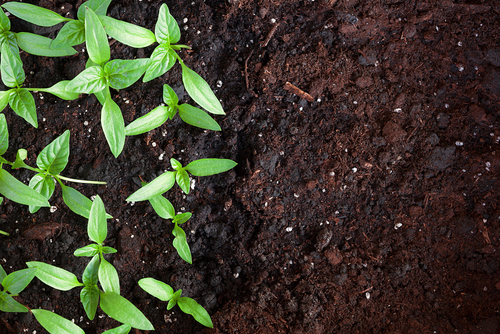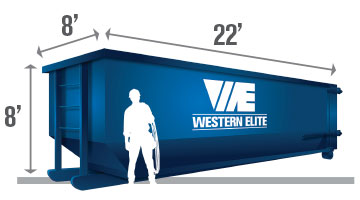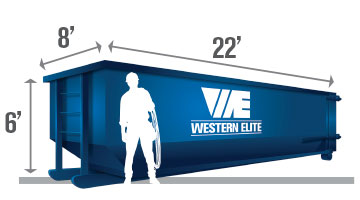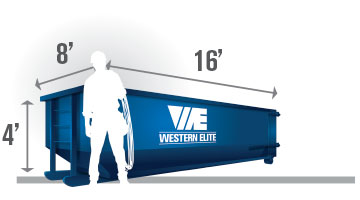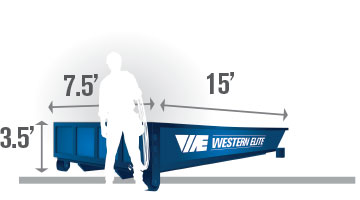A lot of people wonder, once Autumn hits, whether or not they should abandon their composting efforts when the ground freezes. This would, initially, make sense. Your garden doesn’t really grow during the winter, so why would you need to create quality compost during these months if it won’t go to use? However, you’ll still be producing quality compost materials via kitchen scraps during these cold months, so why would you waste these when you could still use them? If you follow these tips and keep your composter going through the winter, you’ll have an amazing fertilizer ready for when spring comes around.
Carbon, carbon, carbon
Your compost needs to be fed the right combination of green(nitrogen) and brown(carbon) ingredients. Green scraps are things that will have been produced in the kitchen, and you’ll continue to produce throughout these cold winter months. Brown scraps are things such as dead leaves, that you probably added to your composter during the fall. If you didn’t add all of your brown scraps when you gathered them, it’s a great idea to keep these handy to add to your composter to balance out the green scraps as you add them this winter.
Insulate the active compost
It’s important to make sure that you keep the microbes in the compost alive, even when it’s cold and frozen outside. This means, make sure that your compost stays warm. Keep it in the sunlight, somewhere warm. Place your active compost on top of a bed of brown matter, and then add more brown matter on top. This keeps the active, or green, matter warm, and insulated.
Keep an eye on the moisture
If you use a compost tumbler, it won’t be an issue for you to keep the moisture locked out of your compost. However, if you simply have a compost pile that you add onto somewhere in your garden, you’re going to have moisture seeping up through the ground whenever there is rain or snowfall. Make sure that you always keep your compost pile well covered to make sure that it’s safe from active rain and snow fall. Adding carbon materials will help compensate for excess moisture.
Indoor composting
And of course, you always have the option of using an insulated composter indoors, which will help keep the smell to a minimum while also maintaining a good quality compost for when spring comes.

